
| November 2020
Secondary Snapshot
Social and Emotional Learning: Strategies for Parents
|
|
|
|
|
There has always been the recognition of the importance of social emotional skills, however COVID-19 has shone a light on just how much they matter. These skills encompass everything from goal setting to stress management, and provide both children and adults with tools they can use to express themselves authentically and appropriately.
|
|
|
Social-emotional skills are the strategies one has for managing strong emotions, navigating relationships, working effectively with others, solving difficult problems, and making responsible decisions. When these skills are taught and supported, teens are more likely to cope with life's challenges effectively.
|
|
|
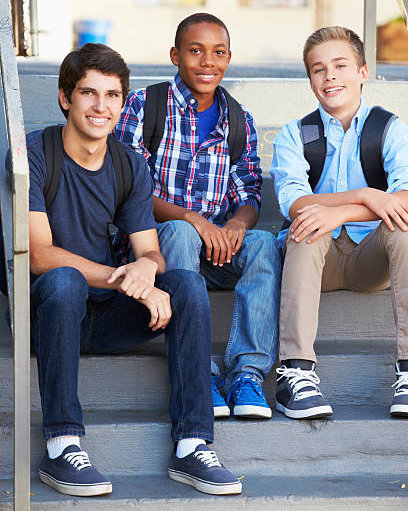
|
In practical terms, healthy social and emotional skills look like making informed decisions, sitting to listen to a lesson, focusing on the task at hand, showing kindness and empathy when appropriate and managing conflict effectively. These involve the ability to manage feelings and impulses, to view situations from different perspectives, and make good choices, which are all needed to grow and mature.
|
|
|
| Effective social and emotional learning involves supporting youth to develop the following five key skills:
|
|
|
Self-awareness involves understanding one's own emotions, personal goals, and values. This includes accurately assessing one's strengths and limitations, having positive mindsets, and possessing a well-grounded sense of self-efficacy and optimism. High levels of self-awareness require the ability to recognize how thoughts, feelings, and actions are interconnected.
|
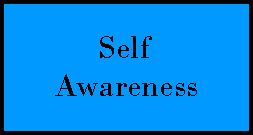 |
|
|
Self-management requires skills and attitudes that facilitate the ability to regulate one's own emotions and behaviors. This includes the ability to delay gratification, manage stress, control impulses, and persevere through challenges in order to achieve personal and educational goals.
|
 |
|
|
Social awareness involves the ability to understand, empathize, and feel compassion for those with different backgrounds or cultures. It also involves understanding social norms for behavior and recognizing family, school, and community resources and supports.
|
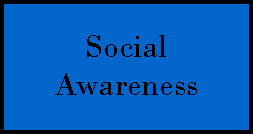 |
|
|
Relationship skills help students establish and maintain healthy and rewarding relationships, and to act in accordance with social norms. These skills involve communicating clearly, listening actively, cooperating, resisting inappropriate social pressure, negotiating conflict constructively, and seeking help when it is needed.
|
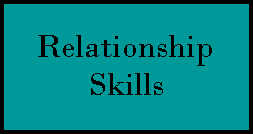 |
|
|
Responsible decision making involves learning how to make constructive choices about personal behavior and social interactions across diverse settings. It requires the ability to consider ethical standards, safety concerns, accurate behavioral norms for risky behaviors, the health and well-being of self and others, and to make realistic evaluation of various actions' consequences.
|
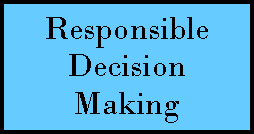 |
|
|
| First Peoples Principles of Learning:
|
|
|
|
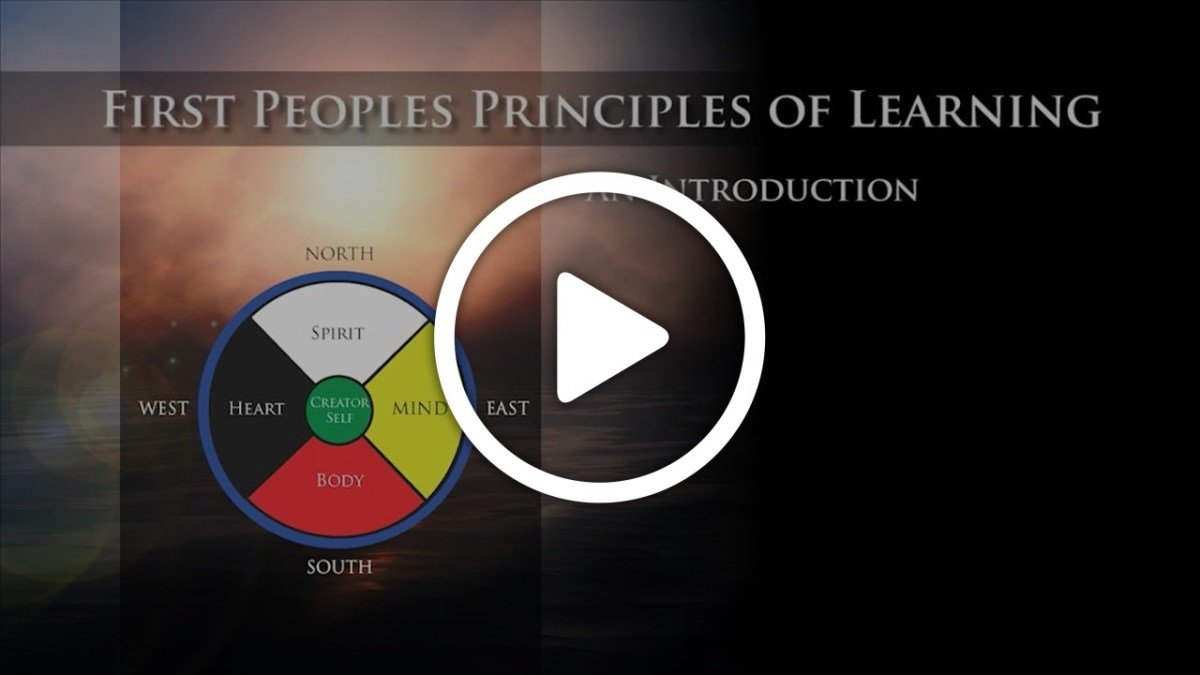
|
In this video Dr Martin Brokenleg introduces the First Peoples Principles of Learning that focus on a Social Emotional Framework.
|
| |
|
|
|
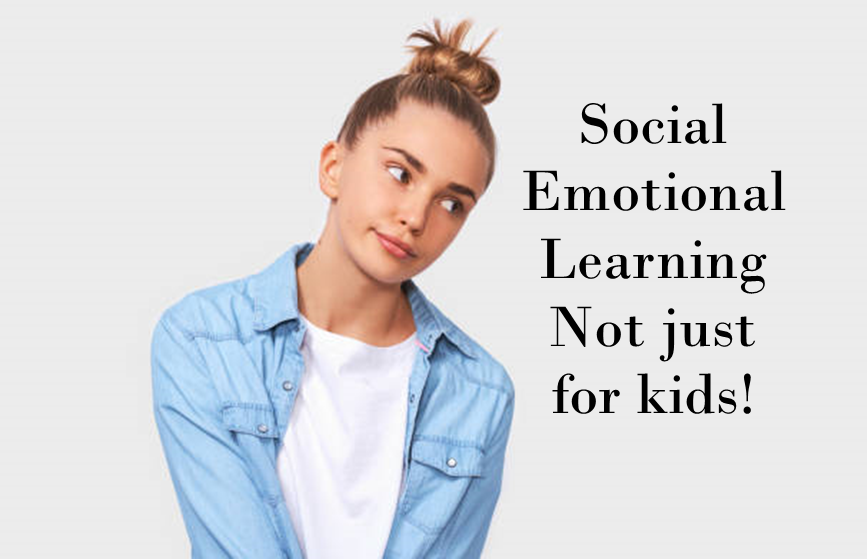 | Bringing social-emotional learning into the home empowers families to use life‘s moments, both good and bad, as ways to help their teen grow. With that in mind, parents can look at the messiness of everyday life as a series of opportunities for real-life, in-the-moment, social-emotional learning with their teen.
|
|
|

Model imperfection.
Embracing your own imperfection will help your teens to embrace theirs. Give them (and yourself) permission to fail and to get it wrong. When you do make a mistake, let your teens see you own it, and when they come to you to talk about their own mistakes, be grateful for the opportunity to strengthen the connection. | 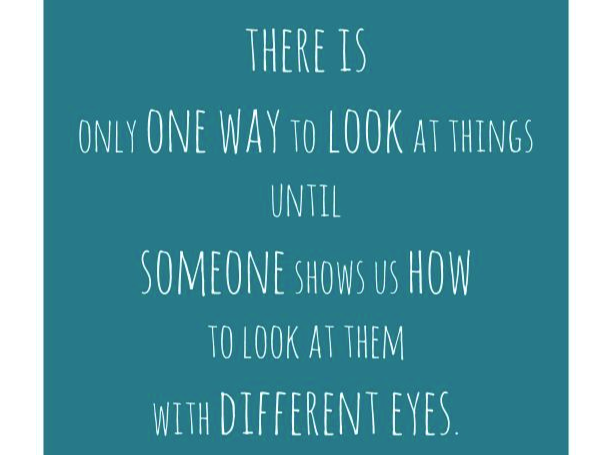
Disagree. But don’t stop listening.
Being able to effectively negotiate different points of view is an important part of maintaining relationships and preserving a sense of self in those relationships. Let them disagree with you sometimes without trying to change their mind. Understanding someone doesn’t mean you agree with them. What it means is that you respect their right to their opinion, and that you want to keep the connection and dialogue open.
|
|
|
Personalize your conversations. Your family‘s culture, background and experiences will inform how you talk with your child about their world. The more you personalize conversations about social-emotional learning, the more relevant that learning becomes.
|
|
|

|
When relationship feels bad.
When relationships feel bad, it’s generally because they are. When those relationships do damage is when it’s taken as evidence of a personal deficiency. It’s not – and our teens need to know this. When people treat others badly, it’s often because they are driven by their own history and hurts.
Encourage your teens to look at their own behaviour with an open mind, is there is anything they can change to make the relationship feel better?
|
|
|
Empower them as the ones who have the ultimate decision about whether or not to stay. Being alone isn’t a measure of worthiness, it’s simply the gap between leaving relationships that don’t work for them, and finding the ones that do.
|
|
|
|
|
Emotional Intelligence From a Teenage Perspective
Intelligence comes in many forms. In this talk, Maximilian Park discusses his experience with emotional intelligence, the change it has affected in his life, and the impact it could have on youth around the country.
|
|
|
|
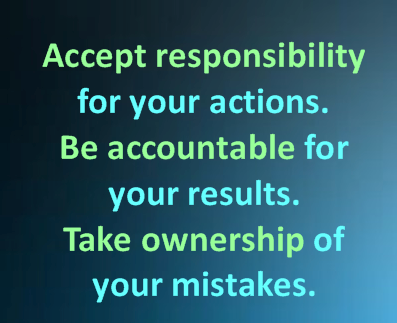 |
Model how to listen. Listening is the key to being someone people love being with. To teach this, reflect back what you hear when they talk to you, ’So what you‘re saying is …‘ I understand that‘. Create plenty of time where you can be fully present while they‘re talking, so they can experience being truly listened to.
Model responsibility. Taking responsibility for something means owning the ability to respond and to put things right. It‘s done from a position of strength, not shame. When you‘re the one who has made a mistake be quick to own it and to put it right, ’I wish I didn‘t yell when you were late home. I‘m sorry."
|
| |
|
|
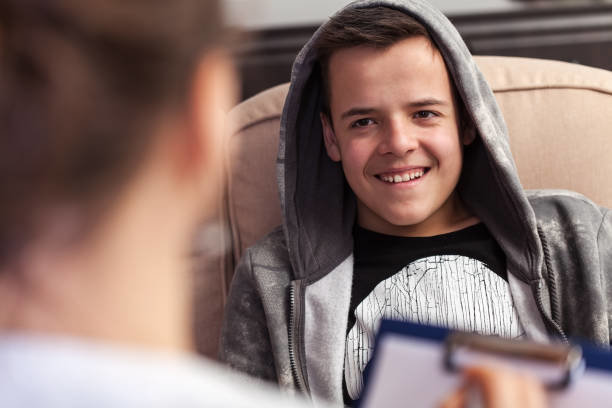
|
Take advantage of support services. Seek the advice and support of school counselors or other social services during times of family crisis, such as a divorce or the death of a close friend or family member. Remember that no matter how close you are to your child, they may be more comfortable discussing a troubling family situation with another trusted adult.
|
| |
|
|
|
Although your teens may tower over you, they still are young and can keenly feel the fear and uncertainty of both the normal stresses of being a teen, as well as events in the world around them. Emotions may be volatile and close to the surface during teen years, and finding the best way to connect to your teen can be difficult.
Talk with them whenever you can, even if it seems they don’t want to talk. Sometimes the best time to talk may be when you are in the car together; sometimes it may be when you are doing chores together, allowing your teen to focus on something else while they talk. When they have questions, answer them honestly but with reassurance. Ask them their opinion about what is happening and listen to their answers.
|
|
|
 |
Find a place that your teen can create as their safe place, whether it’s their bedroom or somewhere they find comfort. In high school, emotions can intensify, and rejection, taunting, or bullying can also be present. A space of their own can serve as a constant and a place for them to have as their own.
|
|
|
When stressful things are happening in the world at large, encourage your teen to take “news breaks,” whether they are getting news from the television, magazines or newspapers, or online. Use what they’re seeing and hearing as a catalyst for discussion. Teens may act like they feel immortal, but at bottom they still want to know that everything will be ok. Having honest discussions of your fears and expectations can help your high schooler learn to express their own fears. If your teen struggles with words, encourage them to use journaling or art to express emotions.
|
|
|
 | Social Emotional Learning Video Games: Dr Randy Kulman is a psychologist who specializes in the field of digital play, and he has identified the following video games and apps as excellent tools for fostering empathy, resilience, goal setting, responsibility and personal awareness:
|
|
|
 Gone Home: This award-winning video game is a quiet first-person exploration that emphasizes important SEL and positive psychology skill. Players explore the concepts of reflection, self-assessment, empathy, hope, and resilience as they explore the main character‘s deserted home. Searching for clues to her missing family, she finds once-familiar rooms full of secrets. Your teen will not only love Gone Home‘s mature story and interesting characters, they‘ll gain a sense of responsibility and accomplishment that comes with player-driven gameplay.
| 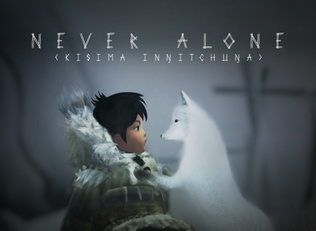 Never Alone: Your adolescent will appreciate a video game with the cozy familiarity of a platformer that manages to push them out of their comfort zone. With challenging gameplay and content, Never Alone manages to tell an important historical tale that translates across cultures. Created in cooperation with the indigenous Iñupiaq of Alaska, Never Alone helps your teen see beyond themselves to learn about and appreciate the resilience of a people who have endured innumerable hardships.
| 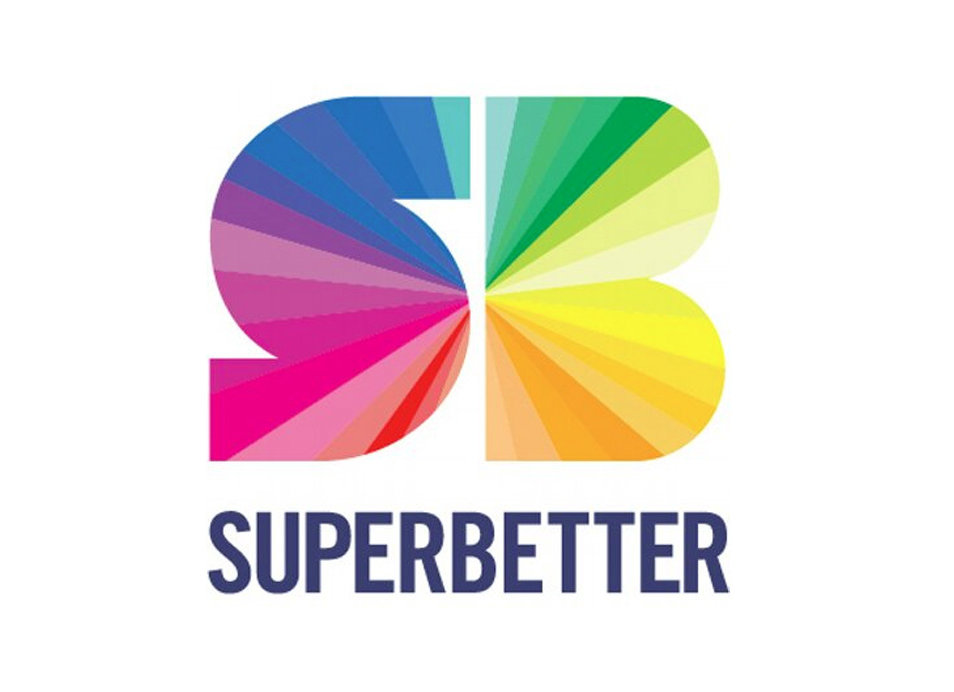 Superbetter App: SuperBetter is like a video game for life, helping users achieve personal goals by allowing them to make everyday chores and responsibilities into quests and missions. Drinking more water, exercising, avoiding unhealthy foods and habits, calling a friend, writing a letter, taking a bike ride — anything a user needs to work on, they can find some outside accountability and video-game-style immediate rewards in SuperBetter. “Leveling up” as a person using SuperBetter can give kids good metacognitive and social awareness practice.
|
|
|
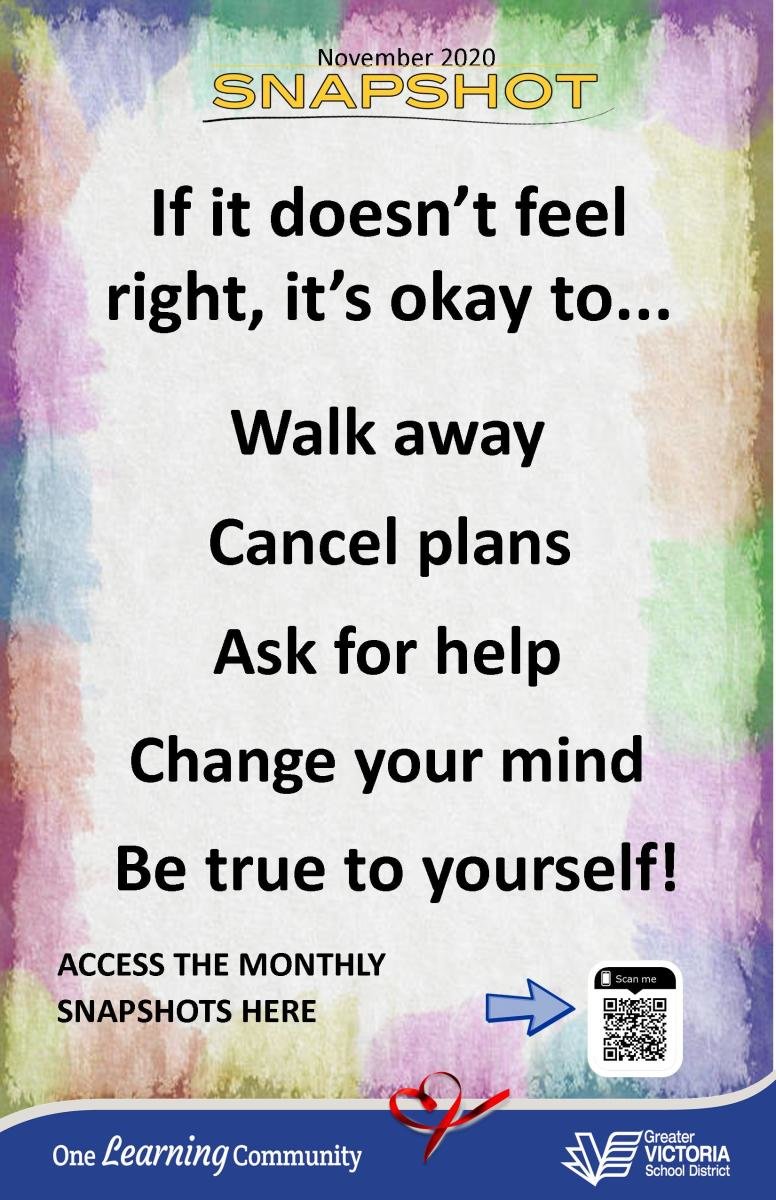
|
November Secondary School Poster
Several copies of this poster have been delivered to all secondary schools to post for student learning. It highlights the social emotional skills of self-awareness, relationships and responsible decision making.
|
|
|
|
|
|
|
|
|